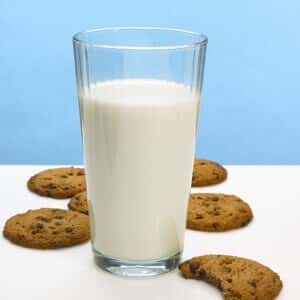
Judging from the popularity of medicines like esomeprazole (Nexium), lansoprazole (Prevacid) and omeprazole (Prilosec), heartburn symptoms are extremely common. Is there a better way to prevent the resulting discomfort rather than taking acid-suppressing drugs? Some people find that diet makes a difference.
Does Diet Affect Heartburn Symptoms?
Q. I had significant heartburn for a long time; I was actually admitted to the hospital twice for it over the years. None of the tests showed any damage to my esophagus.
I was put on Prilosec long-term and told to avoid spicy foods. The Prilosec didn’t help my heartburn symptoms all that much.
About two years ago, an acupuncturist suggested I go off dairy and gluten; she just thought I might feel better.
Oh, my goodness–my heartburn went COMPLETELY AWAY. I have not been troubled by it since (well, except for that time I ate a piece of banana cream pie).
When I mentioned this to the gastroenterologist, he said there were no studies on this subject. I am like a reformed smoker on this. A change in my diet has made all the difference in the world and I no longer need the daily Prilosec. I hope avoiding gluten and dairy foods can make a difference in someone else’s life.
Dairy- and Gluten-Free Meals to Avoid Reflux:
A. Some people find that a low-carbohydrate, gluten-free diet makes a huge difference in their heartburn symptoms. People with celiac disease must follow a gluten-free diet or suffer dire consequences for their health. They avoid anything made with barley, rye or wheat. Digestive upset often becomes less troublesome with this regimen (Laurikka et al, Nutrients, July 14, 2016).
Non-Celiac Gluten Sensitivity:
Not everyone who feels better without gluten has celiac disease. Some people have non-celiac gluten sensitivity (Fasano et al, Gastroenterology, May 2015).
Lactose Intolerance:
Others lack the enzyme lactase that breaks down milk sugar. As a result, when they drink milk or consume dairy products, they may suffer stomach cramps, gas and diarrhea (Bayless et al, Current Gastroenterology Reports, May 2017).
One good way to discover your food triggers for heartburn, flatulence or other GI symptoms is to keep a food diary. We tell how in our Guide to Digestive Disorders, which also offers a number of other remedies for heartburn.

